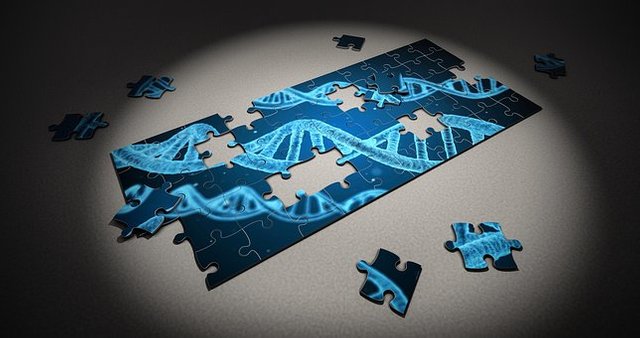heredity and environment in human development
In a real sense, obesity is a family disease. Studies show that, for 30 to 50 percent of people who are overweight, a significant hereditary component is at work a genetic destiny that makes them more susceptible to obesity. If a tendency to be overweight runs in your family, you have a greater chance of being overweight.
This genetic influence is not easy to pin down, however. While a single gene determines whether you have blue eyes or brown, on single gene controls obesity. Being overweight appears to be a complication disorder. Many genes probably contribute to obesity, strongly predisposing you toward having a faulty weight-regulating system that can push your weight upward.

How powerful are these genetic forces? Studies of twins and adoptees show that when it comes to obesity, heredity is a more important factor than environment. Researchers have found that identical twins who share common genes tend to have very similar weight patterns, whether they grow up in the same or different households. Even when identical twins were raised by separate families, their weights were about the same.
Other studies that looked at adopted came to the same conclusion. The body weight of adopted individuals was closely associated with that of their biological parent not the parent who raised them. A child raised by thin adoptive parents is likely to be obese if he has overweight biological parents. Conversely, an adopted child whose biological parents are thin will probably be thin hereself, even if her adoptive parents are overweight.

Many investigators now believe that although an individual’s genes determine whether he or she may tend to become obese, other factors determine whether the individual will in fact become overweight, and just how serious the weight problem will be.